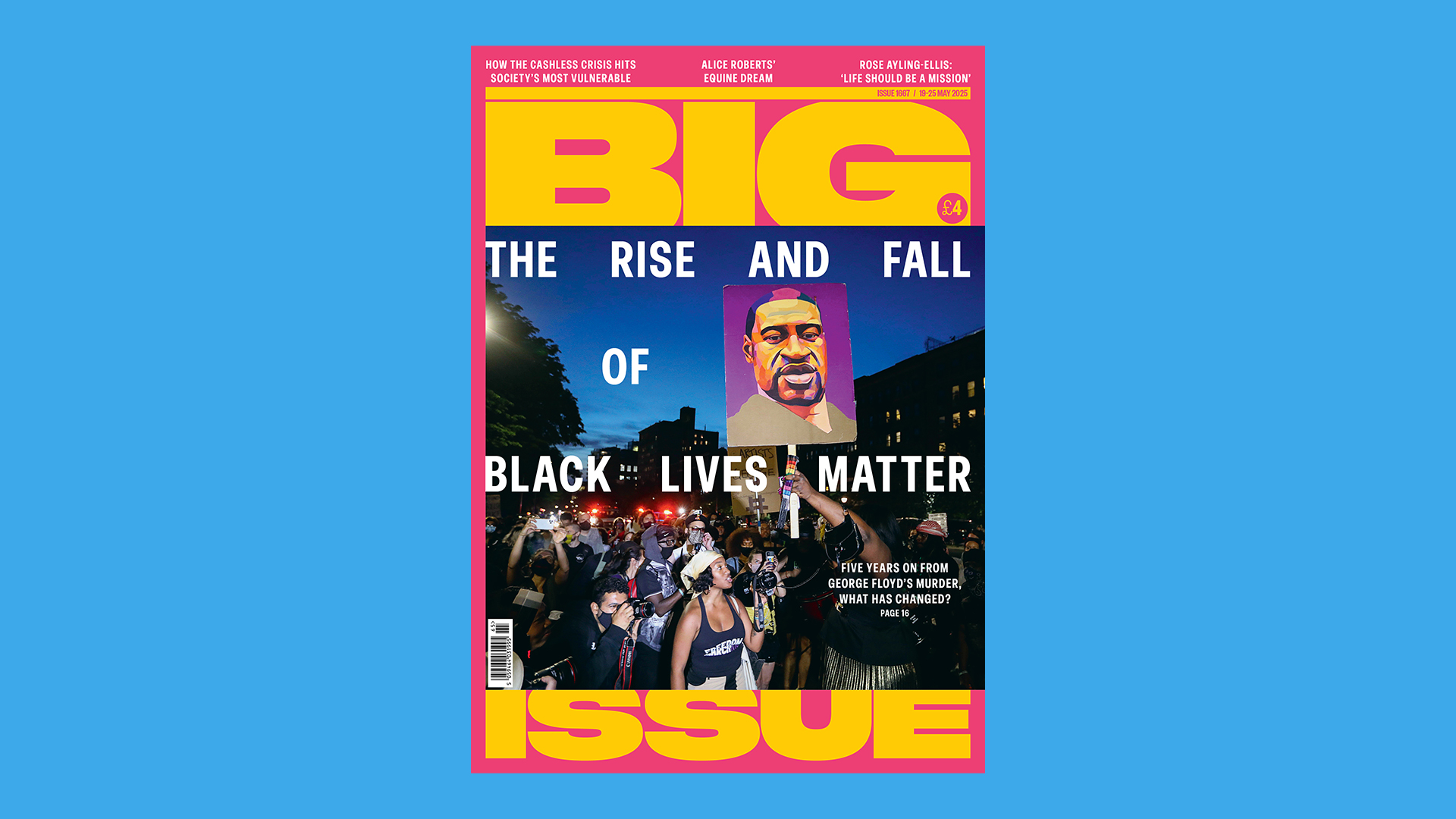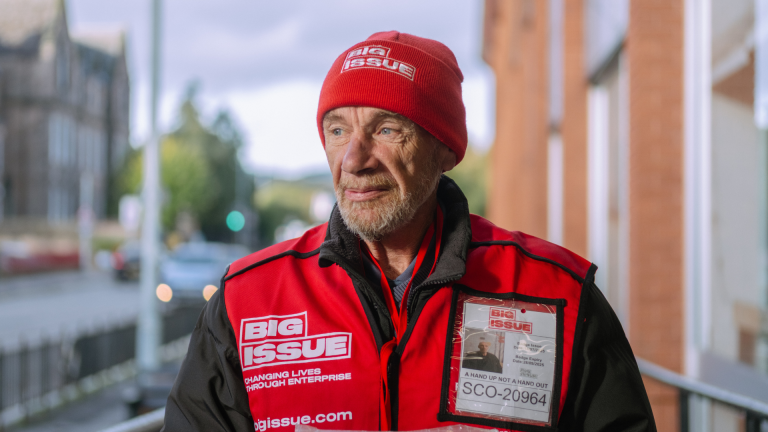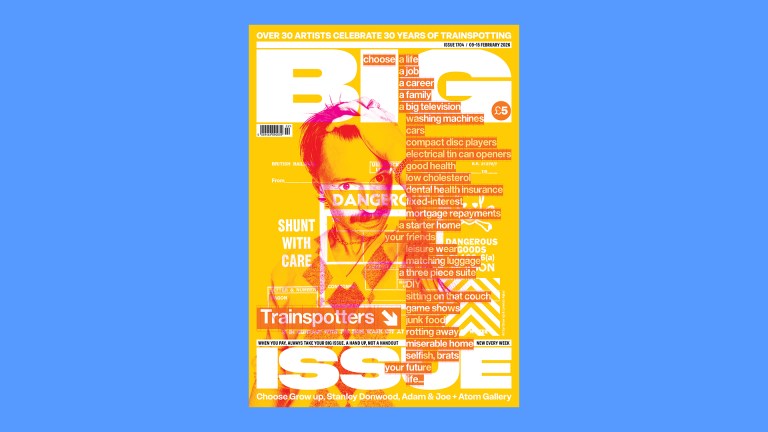His words were ignored by police officers in Minneapolis, but the world heard them. On 25 May 2020, 46-year-old George Floyd was murdered by police officer Derek Chauvin, who knelt on his neck after responding to a store clerk who suspected him of using a counterfeit $20 banknote.
Video footage of the killing went viral around the world – a world in stasis due to pandemic lockdowns – and change felt like it was going to come. Thousands marched, toppled statues and expressed solidarity with the Black Lives Matter movement. A moment of reckoning seemed palpable.
But five years on, any progress has been overshadowed by renewed attacks on civil liberties and equalities and the return of Donald Trump to the White House. As part of an anticipated sea change in US counterterrorism strategy, Trump has promised to designate Antifa – anti-fascist activists that would include Black Lives Matter – as a domestic terrorist organisation.
Nekima Levy Armstrong, a civil rights attorney from Minnesota, organised the first protest following Floyd’s death. Ahead of the fifth anniversary, she looks back on the moment she galvanised the world.
What else is in this week’s Big Issue?
UK risks ‘sleepwalking into crisis’ as cashless society shuts out more and more vulnerable people
“ CARD ONLY. NO CASH ACCEPTED,” a sign reads on the shop door. Most of us walk in without a second thought – we don’t carry cash anyway. But for some people, particularly vulnerable people, this cashless space shuts them out. It is another place they are made to feel unwelcome.
Widower of disabled woman in bitter, years-long legal battle after DWP denied him benefits
Daniel Jwanczuk took the Department for Work and Pensions (DWP) to court in 2022, two years after his wife Suzzi died. He sat through discussions of his late wife’s lifelong disabilities. At the end, the single High Court judge ruled in his favour. It looked like victory. But DWP appeals mean that the case is still in the courts – and his battle for justice continues.









